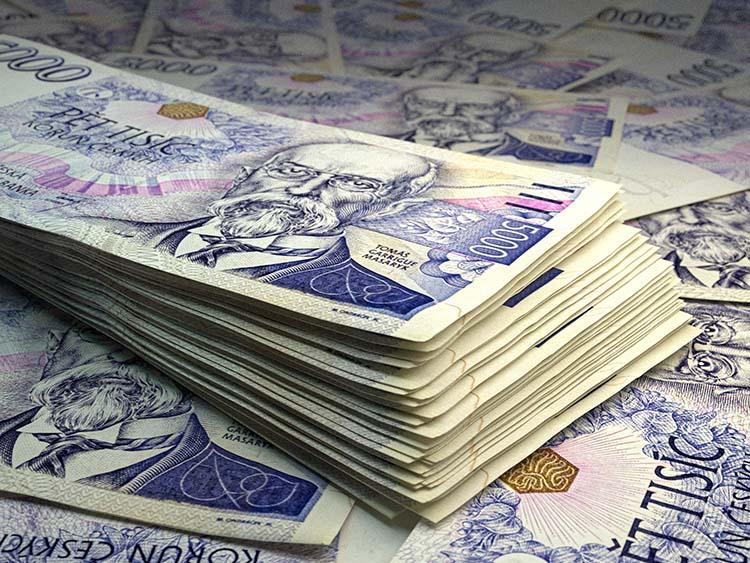2025-09-16
indicators

Public confidence in the Czech government remains at low levels, with recent surveys and analyses pointing to economic pressures, unfulfilled policy commitments, and ongoing concerns over corruption as key factors. According to data from the Organisation for Economic Co-operation and Development (OECD), only 19 percent of Czechs express trust in their government. A separate April 2025 survey by STEM found that just 3 percent of respondents said they “definitely trust” the cabinet, while 20 percent said they “rather trust” it. Political scientist Lukáš Valeš of the University of West Bohemia told the Czech News Agency that trust has been steadily declining since 2011 and that the current cabinet of Prime Minister Petr Fiala is faring worse than its predecessors from 2014 to 2020. He argued that unmet promises on fiscal consolidation, tax stability, and spending cuts have contributed to the erosion of confidence. Analysts note that trust levels are closely tied to perceptions of political influence and everyday public services. Alexandra Cholevová, an analyst with the Europe project, explained that citizens who feel their voice does not matter trust government institutions on average 36 percentage points less than those who feel politically represented. Trust is also stronger among people with higher education, those not under financial strain, and voters who supported the governing parties. Valeš emphasized that citizens’ evaluations often hinge on tangible services. “If safety is guaranteed, kindergartens and schools have enough capacity, people can access doctors without long waits, and surgeries are not delayed for months, then trust in the state increases. When these services fail, trust declines,” he said. Corruption concerns further undermine confidence, though direct experience with bribery remains limited. In Transparency International’s 2024 Corruption Perceptions Index, the Czech Republic ranked 46th globally, alongside Spain, Cyprus, and Grenada. Ondřej Kopečný of Transparency International Czech Republic noted that perceptions are shaped more by public debate and media coverage than by first-hand experience. The government introduced a new Lobbying Act in July 2025 aimed at increasing transparency in political influence. Analysts suggest that effective implementation of such measures could help narrow the gap between citizens and political elites. Source: CTK

